Why Italy turned right
Disenchantment with traditional parties and politics, changed constitutional organisation of Parliament and the election system, over-regulation by the EU, immigration issues. This is why Italy turned right.
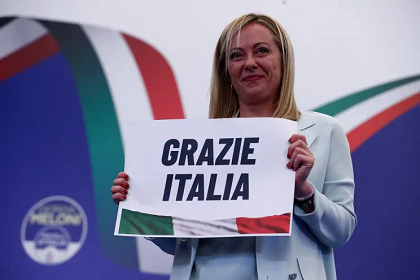 Courtesy: Reuters
Courtesy: Reuters
Disenchantment with traditional parties and politics, changed constitutional organisation of Parliament and the election system, over-regulation by the EU, immigration issues. This is why Italy turned right.
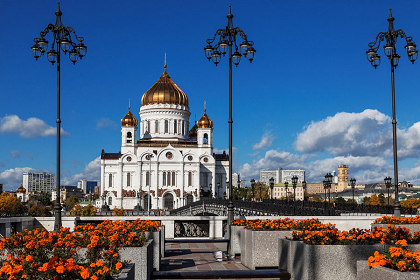 Courtesy: Advantour
Courtesy: Advantour
The last week of September was eventful for Russia. The partial-mobilisation was underway, the referendum of Russian-speaking regions in Ukraine took place, President Putin made a significant speech and the Nord Stream pipelines were damaged. Amit Bhandari, Energy Fellow, Gateway House, was in Moscow during this time. In this podcast, he offers his impressions of Moscow after the sanctions, compared with the city he saw before the Russia-Ukraine conflict
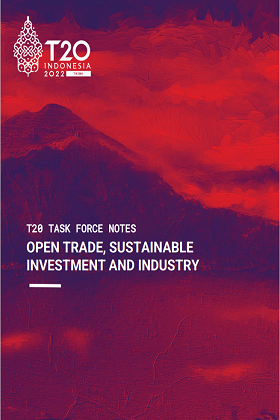 Courtesy: T20 Indonesia
Courtesy: T20 Indonesia
G20 President Indonesia, hosted the Think-20 (T20) Summit in Bali 4-6 September. The recommendations of the working groups resonate in the Leaders’ Statement released at the G20 Leaders’ Summit. The T20 Task Force on Open Trade, Sustainable Investment and Industry published its notes on multilateral trade reform, digital trade, health. Yose Rizal Damuri of CSIS, is the Lead Co-Chair of this Task Force.
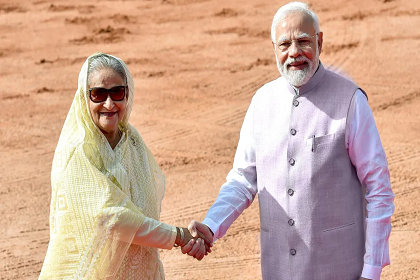 Courtesy: PTI
Courtesy: PTI
Delhi and Dhaka are fully conscious that they must get this vital equation right, constantly strengthening and deepening their cooperation and countering the challenges they face. In this, the contributions of the Sheikh Hasina government in nurturing the special ‘bonding’ is enormous and widely appreciated.
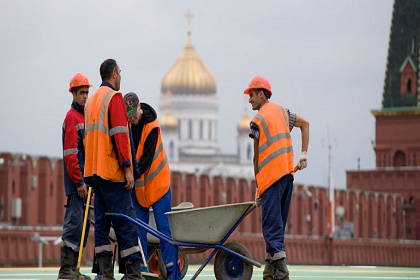 Courtesy: Chamber of Commerce and Industry of the Russian Federation
Courtesy: Chamber of Commerce and Industry of the Russian Federation
An estimated 9 million Central Asians reside and work in Russia, and almost every major city in the country is dependent on their labour. It’s a marriage of convenience but beneficial all around. Russia gets modernised infrastructure, while remittances bring in much-needed capital to Central Asia.
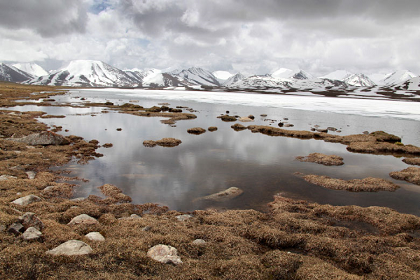 Courtesy: Erkin Bolzhurov/World Bank
Courtesy: Erkin Bolzhurov/World Bank
The SCO climate change initiatives to mitigate soaring temperatures, recurring droughts, and floods, glacial melts, and desiccation of the Aral Sea, are inadequate. Large swathes of Central Asia are hotspots for human migration due to a lack of freshwater resulting in pressure in a few habitable regions.
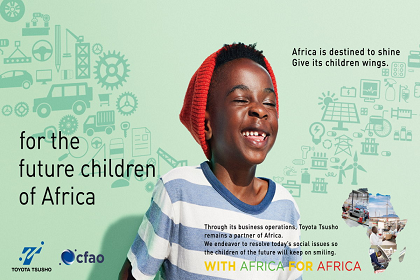 Courtesy: Toyota Tsusho Corporation
Courtesy: Toyota Tsusho Corporation
The Japan-Africa partnership continues to be emphasised. The goal is to build human capital, sustainable and high-quality growth and the security and stability of the global order in which government, business, and civil society leaders participate on an equal basis. It is an opportunity for Indian companies to work together in Africa, to achieve bilateral goals.
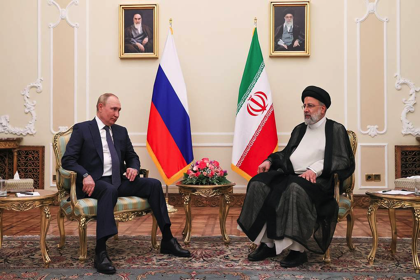 Courtesy: TASS
Courtesy: TASS
Russian President Vladimir Putin’s July visit to Iran was a geopolitical reset for both countries. The collapse of the JCPOA and the Ukraine crisis has strategically united Iran and Russia against their common adversary, the U.S. Russia is now a credible alternative to fill the investment vacuum for Iran’s defence, trade and energy sectors.
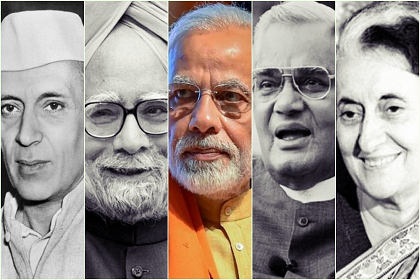 Courtesy: Wikimedia/PTI
Courtesy: Wikimedia/PTI
India is a young country and an old civilization. It began its new life 75 years ago with enormous equity stemming from its unique freedom struggle. A maturing foreign policy now enables it to move smoothly from being the leader of the ‘have-nots’; to being a responsible member of the group that manages world affairs.
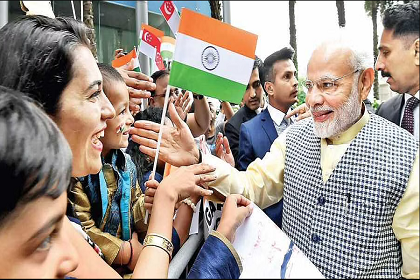 Courtesy: PTI
Courtesy: PTI
The return of the pravasi Mahatma Gandhi on 9 January 1915 to India from South Africa, marked a turning point in India’s freedom struggle. The contribution of such overseas Indians was significant. Often, they had a galvanizing effect on existing movements within India. On this 75th anniversary of independence, the sacrifices of these pravasis remind Indians of a shared history and ties with their overseas kin.